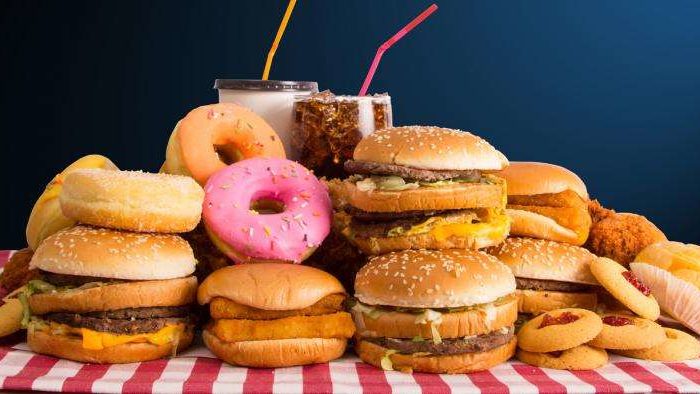The obesity problem in kids goes beyond advertising
While the discussion of banning junk food advertising in Australian media rages on, Alice Almeida, founder and MD at The Amber Network and regional head of data, research and insights at TotallyAwesome, shares why the issue of obesity goes beyond TV and radio.
Fast food advertising is again under the spotlight after teal MP, Dr Sophie Scamps introduced a bill (The Healthy Kids Advertising Bill 2023) to parliament seeking to ban all fast food advertising on TV, radio, social media, and other parts of online media. The bill will bring in greater consequences for media which advertises fast food brands on its platform.

Dr Scamps said “we know our children are exposed to over 800 junk food ads on TV alone every year, and that there is a direct link between those ads and childhood obesity.” So it looks like this new bill is being driven due to kids being exposed to fast food advertising.

